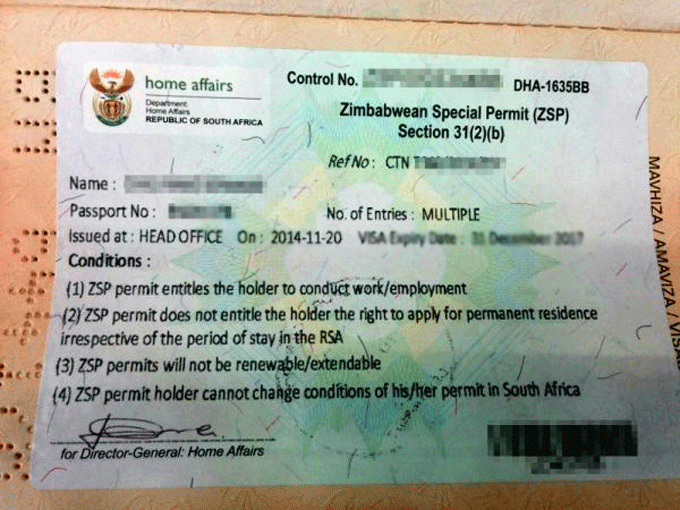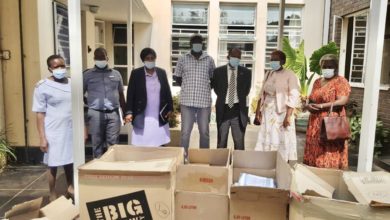
Due to Covid-19, there is a reduction in the number of people seeking health services at clinics and hospitals with maternal visits the most affected, coupled by fears of contracting the coronavirus while lockdown orders limit movement too.
These are the effects of a public health emergency that affects other health concerns such as HIV, Tuberculosis and Malaria.
Fewer hospital visits also impact families as the sick become a burden to other family members, who instead of working to earn an income have to tend to patients.
According to the Chief Economist and Head of the Strategy, Analysis and Research Team at the Regional Bureau for Africa – United Nations Development Programme (UNDP) in New York, Dr Raymond Gilpin, less visits to health institutions indicated the social impacts caused by the Covid-19 pandemic, which directly affect families.
“The Covid-19 health emergency is affecting other health emergencies and individuals become more susceptible to other diseases. We see in a number of countries, the number of people accessing health care, who go into clinics has decreased during the Covid-19 pandemic is having serious socio-economic cultural aspects,” he said in a recent briefing with journalists from Sub-Saharan on the social impacts of Covid-19.
Dr Giplin said fewer hospital visits meant expectant mothers could not go to clinics and also meant there was susceptibility to other diseases.
“We see a number of fewer visits for issues like maternity visits. Giving birth and primary health care is all down in some cases by 80 percent during Covid-19. It is not just a human capital issue but a societal issue. If you can’t go for check-ups or hospitals, it means patients become a burden to the family and family members should be out earning income or doing something else but are now focusing on being healthcare responders at home. This also has a social dimension,” said the UNDP official.
In another briefing, Head of the Africa and Middle East Department at the Global Fund, responsible for implementation of Global Fund agreed grants in 41 countries, Cynthia Mwase confirmed that from their surveys, they had also observed few people were seeking medical attention at medical institutions.
“The adverse effect of Covid-19 is that a good number of patients have stopped receiving regular treatment at their clinics and hospitals,” she said.
Mwase concurred that services, which have been significantly impacted are ante-natal, TB and HIV testing.
“What’s really concerning us is there are fewer people presenting at hospitals with Malaria and it’s not because they are not having Malaria. We know that because of the measures we have in place and fear that people have in going to facilities,” said the Global Fund official.
She said to assist in remedying this situation, the Global Fund was responding to requests made by countries faced by such challenges.
“Global Fund is helping countries by responding to the requests they have. So, if countries are requesting human resources, products, equipment or information processes we try to respond to that because that is our mission,” Mwase said.
“We are a financing mechanism so for us first, we must put in money. The next thing we can do is make sure countries have technical assistance or if there is a need for hand holding for additional support in the conceptualisation.”
She noted Covid-19 is a new phenomena for most African countries, “so there was a need to deploy people from WHO, use our finances and our networks so that countries have technical assistance.”
Meanwhile, the Global Fund official said almost a billion dollars has been spent for the Covid-19 response and mitigating the impact of HIV, AIDS and TB.
“We have two funding streams in the Global Fund that countries could have tapped into. One is Covid-19 money, the other one was money to mitigate HIV, TB and Malaria. Those two put together come to US$980 million. Countries used this money for mostly purchasing Covid-19 tests and largely PPE and bit for the health systems because the health system have needed to be propped up,” she said.
Mwase said Global Fund had to buy a lot of PPE so that programmes needed by communities on HIV and TB continued to be delivered.
“The Global Fund is providing countries to purchase PPE for frontline workers and so far we have distributed US$273 million for purchase of PPE. When we looked at our survey (of 100 countries) we noted that only 58 percent provide standard PPE and only 59 percent had surgical masks at least at the time of the survey for January and we do this survey every two months,” she said.






